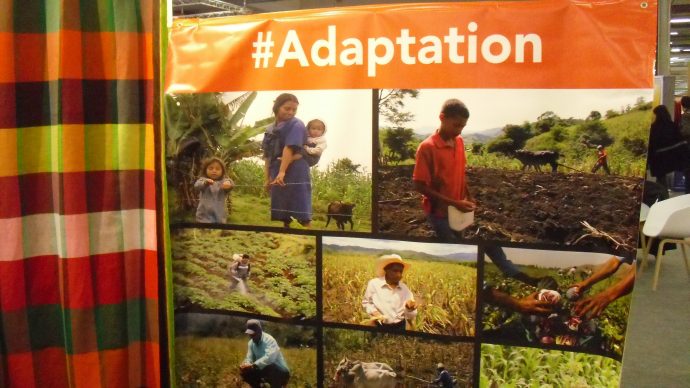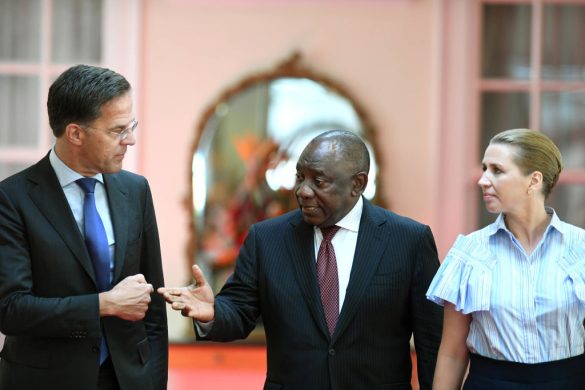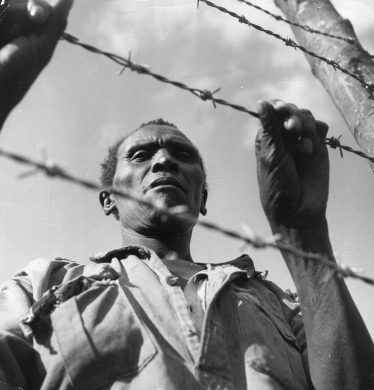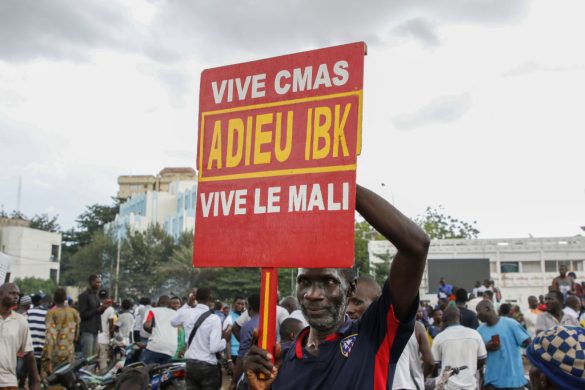Det fremgår af en artikel på Climate Action onsdag.
A $32.80 million grant has been approved by the World Bank's Board of Executive Directors which will help improve livelihoods in the Eastern Province of Zambia.
Specifically, the grant – which was approved on Thursday 4 May – will improve the livelihoods of an estimated 214,955 people in addition to reducing deforestation and unsustainable agricultural practices in the Eastern Province of Zambia.
Helping people in rural communities
According to the World Bank, the key beneficiaries are people in rural communities located in the nine districts – Chipata, Lundazi, Mambwe, Petauke, Katete, Sinda, Chidazi, Vubwi, Nyimba – of the Eastern Province.
The majority of people in Eastern Province live in rural areas and their livelihoods are heavily dependent on agriculture and natural resources, which leads to unsustainable farming practices.
Ademola Braimoh, Coordinator, Climate Smart Agriculture for Africa region, said:
“The project specifically targets adoption of climate-smart technologies by smallholders, increasing the productivity and climate benefits they receive from these technologies.”
Transition to low carbon development
The project will also support capacity-strengthening activities that will emphasise multi-sector coordination and transition to low carbon development.
Ina Ruthenberg, World Bank Country Manager for Zambia, said:
“The project will create an enabling environment for Zambia to benefit from future emissions reduction payments, through a BioCarbon Fund.”
The Zambia Integrated Forest Landscape project funds include $17 million International Development Association (IDA) credit, a Global Environment Facility (GEF) grant of $8.05 million, and a BioCarbon Fund (BioCF) grant of $7.75 million – the World Bank said.















